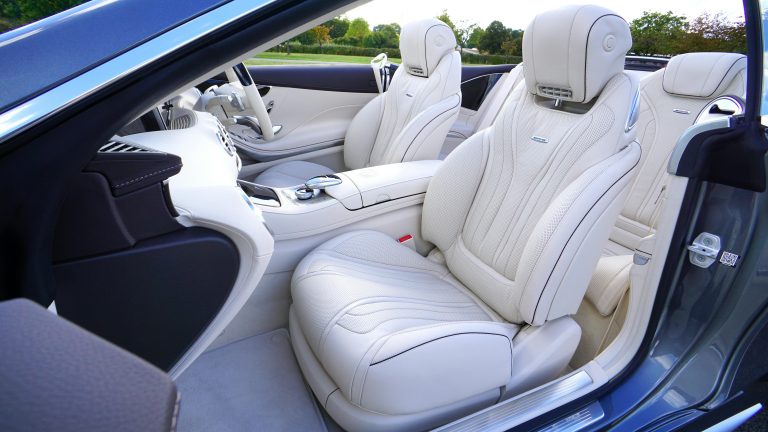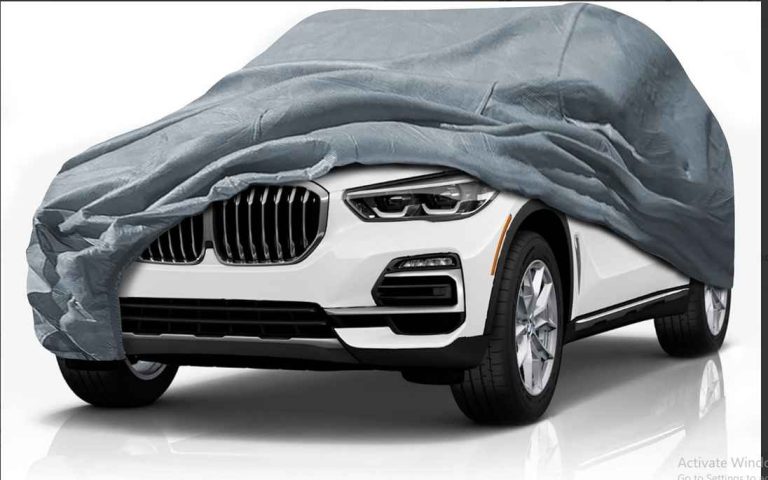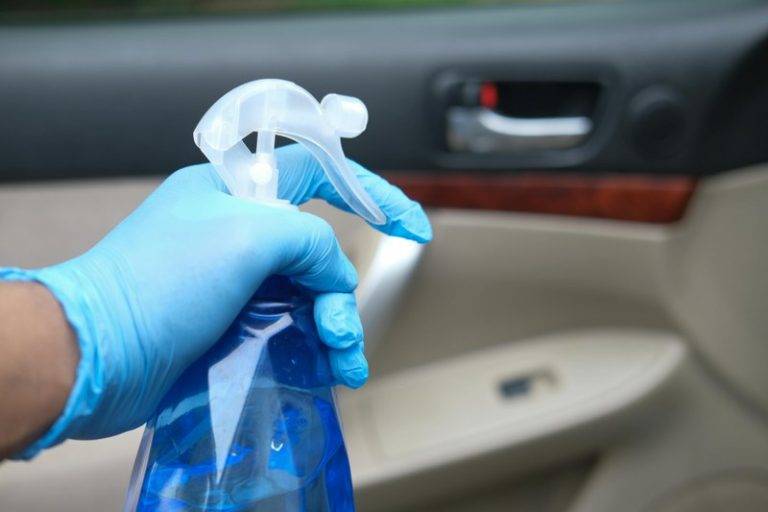Advantages and Disadvantages of Having A Car Cover
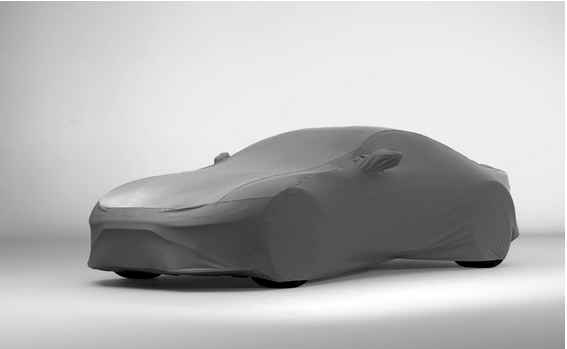
Do you need a clear idea about the advantages and disadvantages of having a car cover? Are you torn between investing in a car cover and exposing your precious ride to the elements? You’re not alone in this dilemma.
I’ve grappled with this question as a car enthusiast and long-time owner. To assist you in making an informed choice, let’s delve into the world of car covers and examine their advantages and disadvantages.
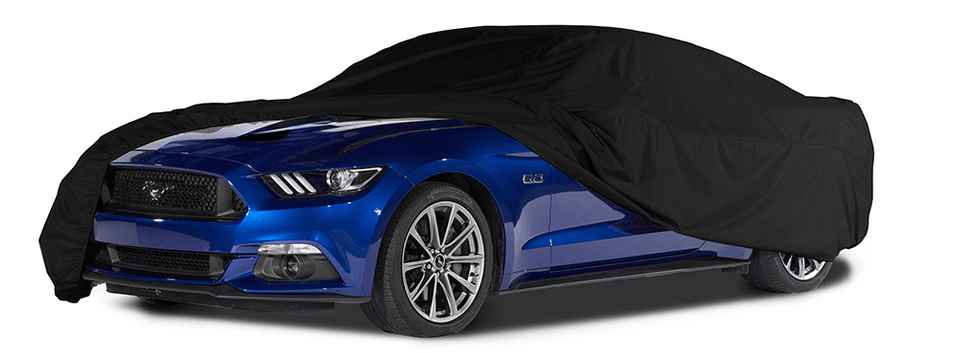
What is a Car Cover?
A car cover is a protective sheath designed to wrap around your vehicle, shielding it from various external factors. Think of them as cozy blankets for your car but with a specific purpose beyond just keeping it warm.
Types of Car Covers:
There’s no one-size-fits-all approach to cars, but the same goes for car covers. You’ll find a variety of options on the market when she covers:
- Custom-fit covers
- Universal-fit covers
- Indoor covers
- Outdoor covers
- All-weather covers
Each type serves a specific purpose, so choosing one that aligns with your needs and has advantages and disadvantages is crucial.
Advantages of Using Car Covers
Protection from Environmental Elements
One of the most significant benefits of using a car cover is the shield it provides against Mother Nature’s mood swings. Rain, snow, hail, and even those pesky bird droppings – a good car cover is your vehicle’s first defense against these potential paint-damaging culprits.
Safeguarding against Cratches and Dents
Have you ever returned to your parked car to find a mysterious scratch or dent? It’s like your vehicle attracts trouble when you’re not looking! A car cover can minimize these risks, especially in crowded parking lots or areas with high foot traffic.
UV Ray Protection
The sun’s harmful UV rays can be as damaging to your car as they are to your skin. Prolonged exposure can lead to faded paint and cracked interiors. A quality car cover with UV protection can help your vehicle maintain its showroom shine for years.
Theft Deterrent
While not foolproof, a car cover can be a visual deterrent to potential thieves. It’s an extra layer (literally) of security that might make a would-be criminal think twice before targeting your vehicle.
Disadvantages of Car Covers
Inconvenience of Application and Removal
Let’s face it – putting on and taking off a car cover isn’t a thrilling way to start or end your day. It’s an extra step that requires time and effort, which can be a real pain, especially when you’re in a hurry.
Potential for Scratching
Ironically, the very thing designed to protect your car from scratches can sometimes cause them. If dirt and debris get trapped between the cover and your car’s surface, you might inadvertently create the problem you’re trying to avoid when removing or applying the cover.
Moisture Trapping Concerns
Moisture can get trapped under the cover in humid climates or after rain. This creates a potential breeding ground for mold and mildew, the last thing you want in your prized possession.
Choosing the Right Car Cover
Primary Factors to Consider
Several considerations must be made when selecting the ideal car cover:
- Your local climate
- Where you park your car (garage, driveway, street)
- How frequently do you use your vehicle
- Your budget
Indoor vs. Outdoor Covers
An indoor cover might be your best bet if you have garage space. These are typically lighter and focus more on dust protection. On the other hand, outdoor covers must be more robust to handle whatever weather comes their way.
Proper Use and Maintenance of Car Covers
Selecting the proper car cover is only as important as using it correctly. Always ensure your car is clean and dry before covering it. Regularly wash your cover according to the manufacturer’s instructions to prevent dirt build-up that could scratch your vehicle.
Alternatives to Car Covers
If you’re not sold on the idea of a car cover, don’t worry – there are other options to protect your vehicle:
- Ceramic coating
- Paint protection film
- Regular waxing and detailing
- Carports or portable garages
Each of these alternatives has pros and cons, so research before deciding.
Conclusion: Is a Car Cover Right for You?
At the end of the day, whether a car cover is right for you depends on your specific circumstances. A high-quality car cover could be a worthwhile investment if you park outdoors in an area with harsh weather conditions. However, if you have covered parking and wash your car regularly, you might find the inconvenience outweighs the benefits.
Remember, there’s no one-size-fits-all answer. Consider your preferences, way of life, and your car’s requirements. Whatever you decide, the goal is to keep your vehicle looking its best for years. After all, a well-maintained car isn’t just a mode of transport—it’s a source of pride and joy.
FAQs
How often should I wash my car cover?
If you live in a particularly dusty or polluted area, it is recommended that you wash your car cover every 3-4 months or more frequently.
I have a wet car; can I use a car cover?
It’s best to avoid covering a wet car as this can trap moisture and lead to mold or mildew growth. Always dry your car thoroughly before covering it.
Are expensive car covers worth the investment?
Higher-priced covers often offer better protection and durability. A premium cover can be worthwhile if you’re serious about protecting your vehicle, especially in harsh conditions.
How long do car covers typically last?
With proper care, a good quality car cover can last anywhere from 3 to 7 years, depending on usage and environmental factors.
Can I store my car both inside and outside using the same cover?
While some covers are designed for both, it’s generally better to use covers specifically designed for indoor or outdoor use to ensure optimal protection.

